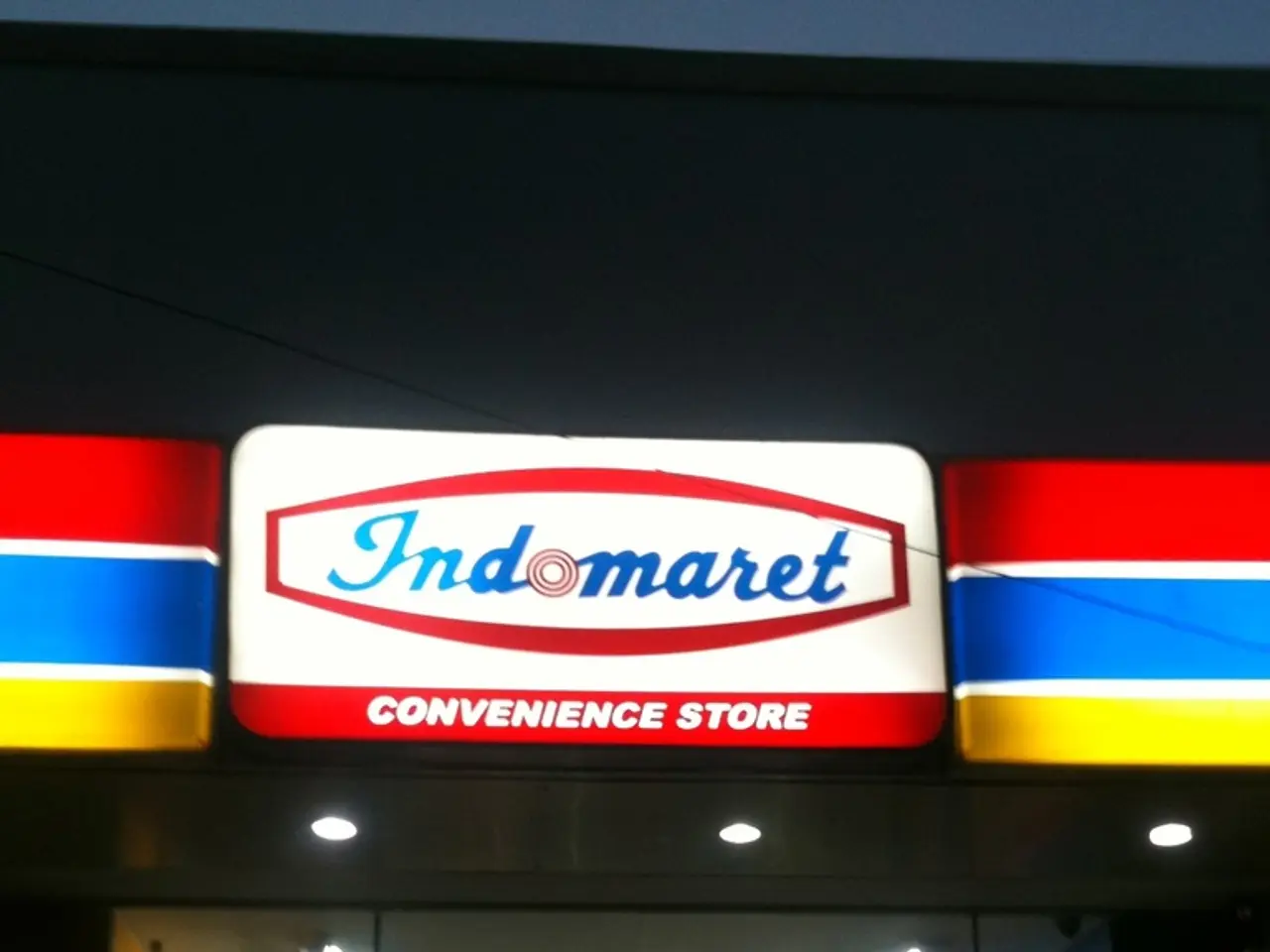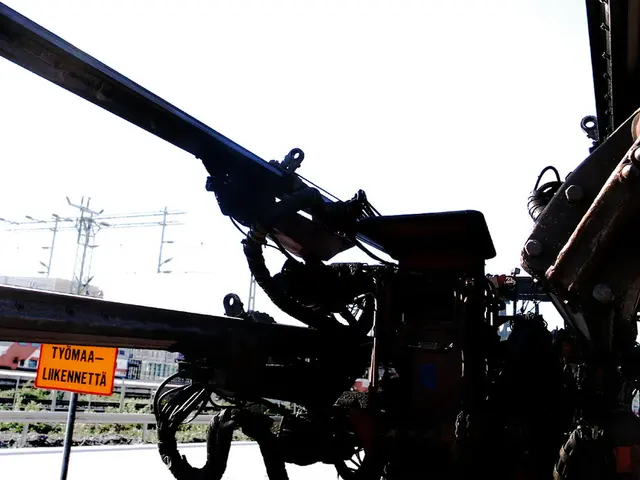Adopting ISO 20022 standard, envisioning a connected financial future
In the recent Sibos 2024 discussion round, experts gathered to discuss the role of ISO 20022 in facilitating trade and cross-border payments. The panel highlighted the opportunity to accelerate the digitalisation of ISO 20022, particularly in supply chains, while acknowledging that trade is a complex process that makes ISO 20022 a heavy lift.
Pamela Mar, Managing Director of ICC Digital Standards Initiative, emphasised the need for governments to update their regulatory frameworks to support trade digitisation. She also suggested bringing ERP providers, infrastructure providers, and fintech providers together to make standards more accessible and simpler for SMEs to enter global trade.
Tsvetanka Nankova, Global Head of Sales Institutional Cash and Trade Finance at Deutsche Bank, highlighted the benefits of being live on ISO 20022. This includes a significant improvement in the straight through processing ratio of transactions, faster payments for clients, and a significant reduction in false positive hits when it comes to sanctions screening of transactions.
Michael Spiegel, Global Head of Transaction Banking at Standard Chartered Bank, pointed out that a large number of payment service providers and coin providers are native on ISO 20022, including Circle's USDC and Ripple's XRP. He also noted that corporates are not obliged to move to the standard, but any failure to do so creates huge friction, particularly when the use of structured addresses becomes mandatory from November 2026.
Swift has revealed that all 175 financial institutions on its network indicated that they are on track to meet the November 2025 deadline, which would represent a shift of 86% of cross-border instructions to ISO 20022. Mar emphasised the need to make standards more accessible and simpler for SMEs, suggesting that AI could be used to bridge the gap between non-standard and standard data.
Etienne Bernard, Global Head of Cash Management and Regional Head of Europe at Credit Agricole CIB, emphasised the importance of efficiency in the operating model for ISO 20022 adoption. He stated that the current 27% adoption is "far too low" and is a "real concern if you want to be efficient".
The panel agreed that the Swift community has a collective duty to make ISO 20022 happen for the sake of financial inclusion, trade finance gap reduction, and the benefits to each participant. They also agreed that the benefits of ISO 20022 adoption, such as unlocking trapped liquidity, improving reporting, reconciliation processes, and cash flow forecasting, are worth the investment and organizational commitment required.
Nankova and Spiegel agreed that there may be discussions about the settlement of transactions on the blockchain, but questions whether they will scale. They also agreed that the future is bright and that the potential solution to the deep-tier supply chain challenge lies in completing ISO 20022, creating global connectivity, and rich data for everyone to benefit.
As of now, the adoption rate for cross-border payments using ISO 20022 stands at 27%. Mar suggests that the momentum this year is visible, and that companies that have adopted standards that are not interoperable need a solution from their back end that is generating trade data to the trade platform.
Spiegel also noted that most payment service providers and DLT-based real-time gross settlement (RTGS) systems are already on the ISO 20022 standard. He believes that Swift is a wonderful network of networks and that there will be alternatives that are complementary, and everyone has a role to play in connecting everyone.
Mar highlights Swift's ability to interoperate an e-bill of lading between two different networks as a potential innovation. He also emphasised the need to bring everyone together to make standards more accessible and simpler for SMEs to enter global trade. The representative of the International Chamber of Commerce at the discussion round was not publicly specified.
Read also:
- On Thursday, Meta introduced three new smart glasses and LibreOffice made its way into the Austrian military
- Europe Witnesses Seven Showcases of Safely Assimilating Autonomous Aerial Vehicles
- Unraveling the SharePoint Breach: Permanent Mission, Discovery, and Takeaways
- The Importance of Pure Hydrogen for Food Safety and Availability - Ryze Hydrogen








